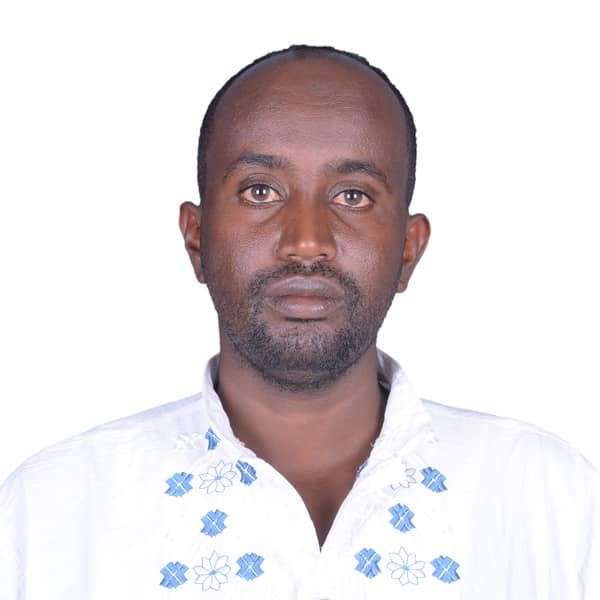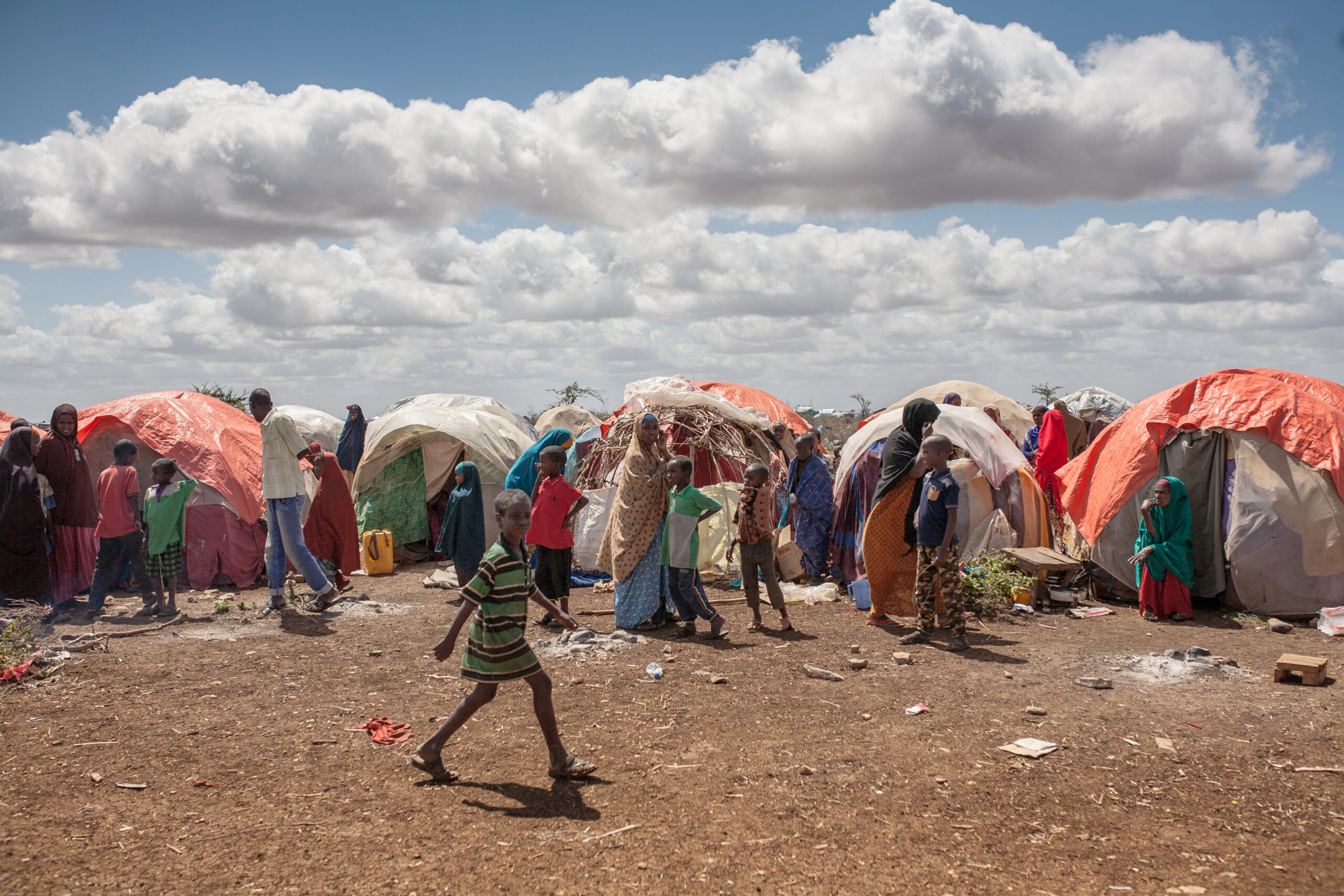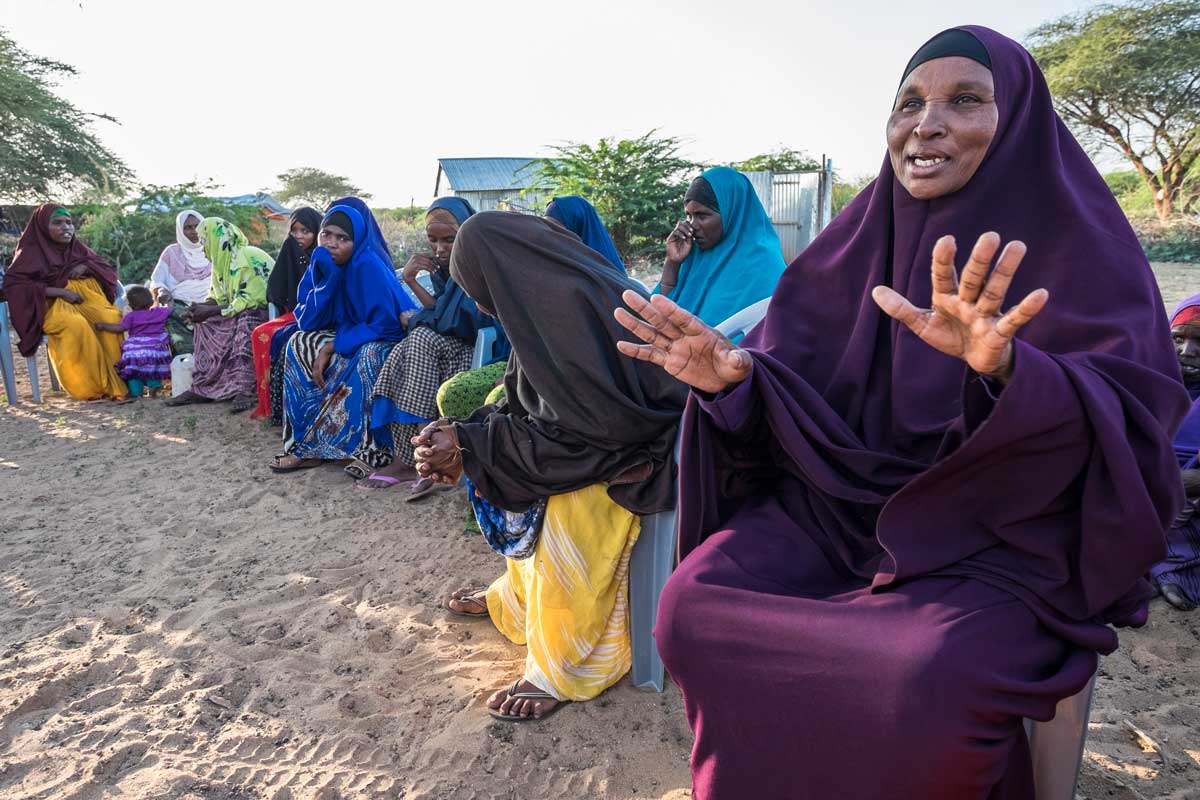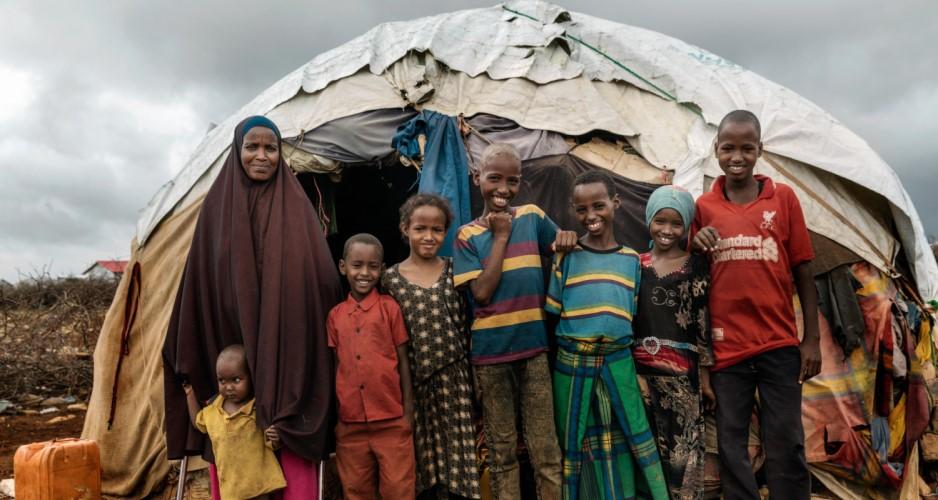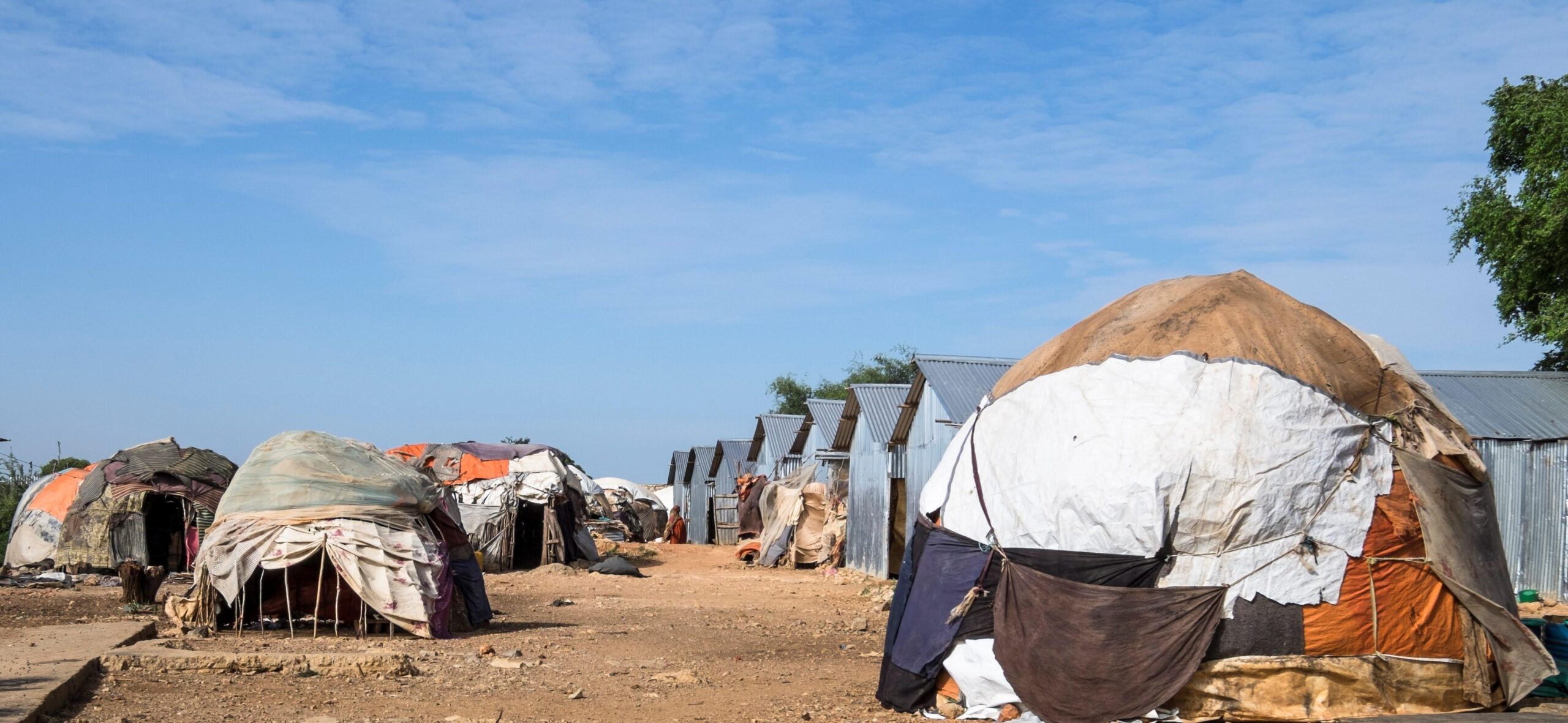The Somali region of Ethiopia has witnessed significant displacement challenges, with over one million internally displaced persons (IDPs) scattered across almost all districts. This situation, exacerbated by recurrent droughts, floods, and the impacts of climate change, has necessitated a concerted effort to address the diverse needs of displacement-affected communities and pave the way for durable solutions. The region also hosts 313,871 refugees, most of whom are living in protracted situations. In response to these challenges, various initiatives have emerged in both IDP and refugee settings within the Somali region. These include the Kebrebeyah Inclusion Roadmap by UNHCR, the Durable Solutions Strategy by IOM, and the Multi-Year Resilience Plan by UNDP, each aimed at promoting sustainable solutions for displaced populations.
A Multi-Stakeholder Approach: Bringing Initiatives Together
On January 17, 2024, a pivotal workshop was held at the Royal International Hotel in Jigjiga, bringing together a wide range of stakeholders to deliberate on durable solutions for displacement-affected communities in the Somali region. The primary objective of the workshop was to facilitate a discussion on the progress and ways forward related to durable solutions for displacement-affected communities. With representation from various organizations, including UN agencies, government bureaus, INGOs, CSOs, academia, and representatives from refugee, IDP, and host communities, this workshop served as a platform to present the findings of the Durable Solutions Analysis (DSA) study conducted in the region.
Additionally, three UN agencies presented their respective initiatives: the Kebrebeyah Inclusion Roadmap by UNHCR, the Durable Solutions Strategy by IOM, and the Multi-Year Resilience Plan by UNDP. The DSA study presentation was well-received, and its findings aligned with the other three documents shared from the UN, setting the stage for the group discussions.
Key Highlights and Consensus
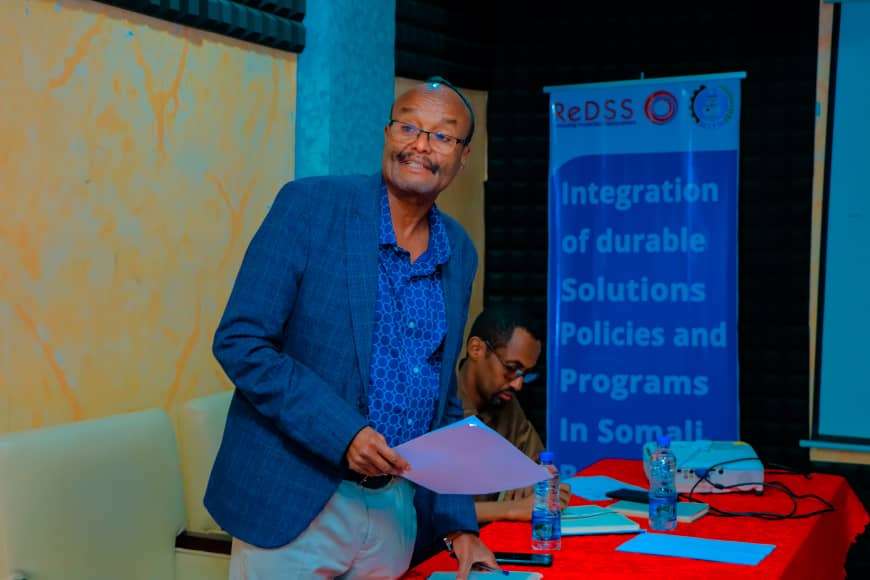
Mohamed Adar, Senior Advisor at the Office of the President, makes his remarks during the forum
During the opening remarks, Mohammed Adar, Senior Advisor at the Office of the President, emphasized the need to utilize the findings of the DSA study as a source and reference for durable solutions interventions. He highlighted the region’s progress in resettling and repatriating displaced populations while acknowledging the residual caseload and the need for more concerted efforts to find long-term solutions.
Bashir Husen Elmi, Deputy Head of the Disaster Risk Management Bureau (DRMB), appreciated the evidence-based research approach and emphasized the importance of coordination and collaboration among all stakeholders in the Somali region, particularly in light of the region’s challenges, including over one million IDPs and recurrent droughts, floods, and climate change issues.
The workshop participants agreed on the need for regular consultations to better integrate the various durable solutions initiatives in the region. Suggestions were made to establish a steering and/or technical team to facilitate deliberations and ensure the effective use of limited resources in addressing the scale and complexity of displacement. Furthermore, participants agreed that more work is required to support displacement-affected communities, and coordinated efforts would be a crucial step in that direction.
Suggestions and Recommendations
Following the discussions, the following suggestions and recommendations came from the participants:
- Reflections on the Durable Solutions Analysis Study: The overall impression of the DSA study was positive, and partners found the outcomes valuable, recognizing their potential as references for durable solutions planning and programming. Since the DSA study was conducted in 2022, partners suggested incorporating recent developments and changes into the analysis such as the IDP proclamation process for a more comprehensive and up-to-date understanding of the context. Furthermore, the participants recommended translation into Somali Language to enhance accessibility and inclusivity.
- Incorporating Community voices: While the community was given the opportunity for interviews during the DSA study, partners emphasized the need for greater active community participation in future initiatives. This included prioritizing their needs, which include: Access to water (addressing water scarcity), Food rations (as they have not received cash for food in months), Energy solutions, particularly for cooking purposes, Access to proper housing, and Livelihood and job creation opportunities. In addition, partners reiterated their commitment to ensuring active participation and consultation at all stages of the programs, from assessment and design to planning, implementation, monitoring, and evaluation.
Maintaining the Momentum: Next steps
This engagement signaled continued coordination and collaboration for partners working in the Somali region. The presence and active participation of displacement-affected communities brought much-needed perspective on the context of their respective districts and the promotion of social cohesion among communities. On ReDSS’ part, we will work to integrate the workshop’s recommendations into the Durable Solutions Analysis study. We firmly believe that through continued collaborative efforts across stakeholders, the Somali region can achieve substantial progress in securing durable solutions for displaced communities. This will empower them to rebuild their lives with dignity, self-sufficiency, and a sustainable future.
